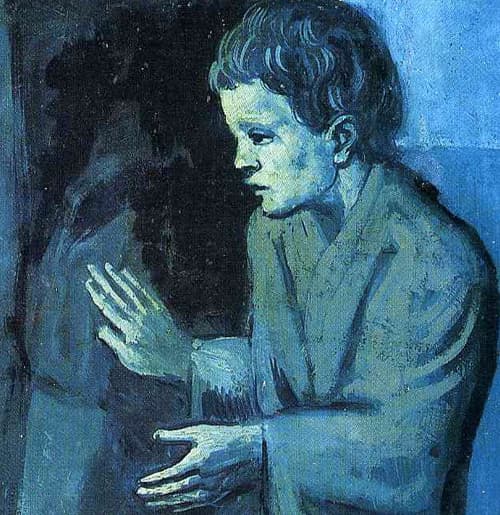Andrew Root,
The Children of Divorce
(Baker Academic, 2010, 139pp.).
According to the Catechism of the Catholic Church, divorce "introduces disorder into the family [...] brings grave harm to the deserted spouse, [and] to children traumatized by the separation of their parents and often torn between them" (2385). The Catechism seems to assume the presence of trauma, but can this be avoided by an amicable divorce?
In this approachable and compassionate study aimed at a primarily Christian readership, Andrew Root argues that harm to the children is virtually inevitable, no matter how amicable the divorce. He draws on personal experiences (his own, his wife's, and that of other children of divorce through studies and interviews) for purposes of illustration. He is less concerned with blame, however, than with offering practical suggestions for churches to help the children of divorced parents to heal from this injury.
Root begins with a history of marriage and the family. The Enlightenment's overemphasis on the individual shifts the objective of marriage from that of shared property, shared power, shared labor and the like, to one of individual and subjective fulfillment. The family once provided "unquestioned purpose and meaning" (p. 14), a generational narrative into which (for better or worse) one was inserted by birth. By contrast, today "a child's belonging no longer rest[s] in the history of a lineage, but in the affection of individuals", that is, in the affection between father and mother (p. 19).
And if the affection between father and mother dissipates, where does the child go for a sense of belonging and meaning? The common experience of children of divorce is a feeling of being lost, of slipping into non-being. One must start over, writing for oneself a coherent, unified narrative of oneself in relation to the world. This is the experience of an "ontological wound" (p. 45). To put it another way, since our sense of being and security (confidence that the world, especially the social world, is as it appears to be) is rooted in our parents' relationship, divorce correspondingly leads to ontological insecurity in the child.
Root emphasizes that this is no mere psychological or emotional injury. When parents' relatedness is disturbed by divorce, a child's very being is necessarily shaken. Borrowing from sources such as Heidegger and Barth for his metaphysics, Root proposes that, since beings exist only in particular places and related to the world in particular ways, one's being cannot remain the same when one's father moves out, for example, and leaves the family behind. Location and relationality are essential to being. The change in location and relation to the world, in the case of divorce, means only an irreplaceable loss of relatedness, a loss of being. This insight and his practical suggestions for healing the injury are the main strengths of the book.
Root argues that the objective of family, then, is not primarily to make children happy or self-fulfilled, but to provide them with the ontological security that comes with coherent relatedness to the world (p. 96). Who the child "is" cannot be coherent because his primary relations have become incoherent, even contradictory. In order to belong to each parent, the child needs (perhaps at scheduled times) to adopt one of two separate personae. Christmas gifts from one divorced parent cannot be paraded in front of the other, and the child is loath to act in a way that reminds one divorced parent of the other. The task of forging one world out of the parents' separated worlds has become the task of the child (pp. 78-83). Feelings of being "real" come from being encountered by the world, but the world has now been split into two incoherent realms, no longer able to reflect one whole identity back to the child.
Root's final chapter is one of concrete, practical suggestions for the youth minister, the friend, and the parent on how to ease the suffering of the child of divorce. In the best-case scenario, the child's sense of belonging will revolve around the church. An ecclesial community can keep us in touch with something holy, protecting us from despair; it can provide a place where we feel we belong, even if our family home has become problematic; it can show us compassion and assure us that we are not alone or invisible just because of our own problems; it can give some coherency and structure to our lives by means of rituals and customs; and in general it can help us find a new balance between autonomy and belonging.
Root gives attention to the deepest and most overlooked wound sustained by the children of divorce. He provides wide support for his explanation through theology, philosophy, the social sciences and practical experience. All of it is worth reading. The chapter of practical advice goes beyond the work of the average theoretical scholarship and speaks of a very kind heart. This is a book to recommend to everyone.
Juliana Weber is a graduate of Ave Maria University currently working in Religious Education at a parish in the Archdiocese of Washington. She also holds a BA in Psychology from SUNY-Fredonia.



